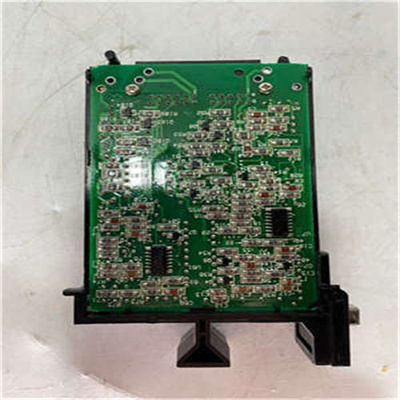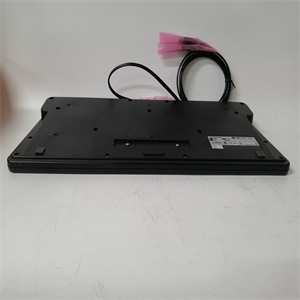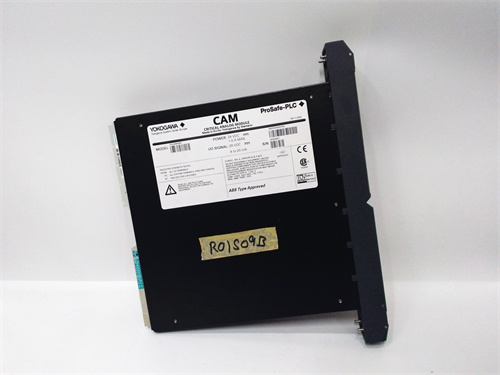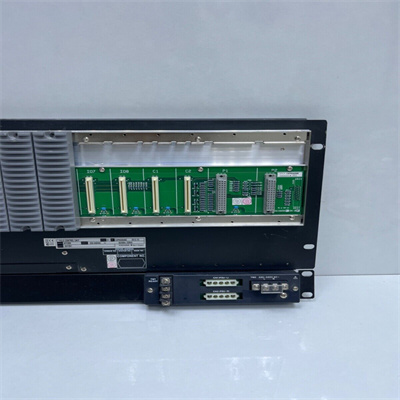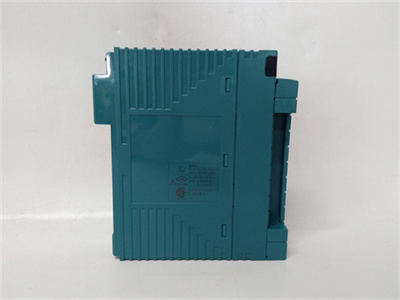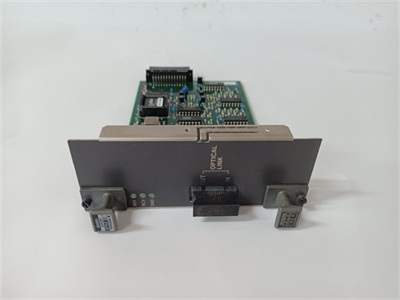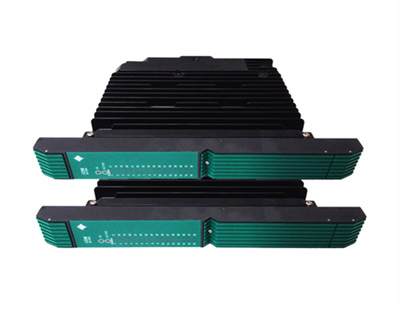Our Products
Comprehensive industrial automation solutions for global industries
Contact us
If you are interested in our products and want to know more details,please Contact us,we will reply you as soon as we can.
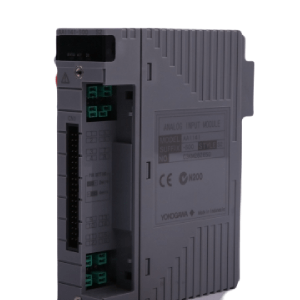
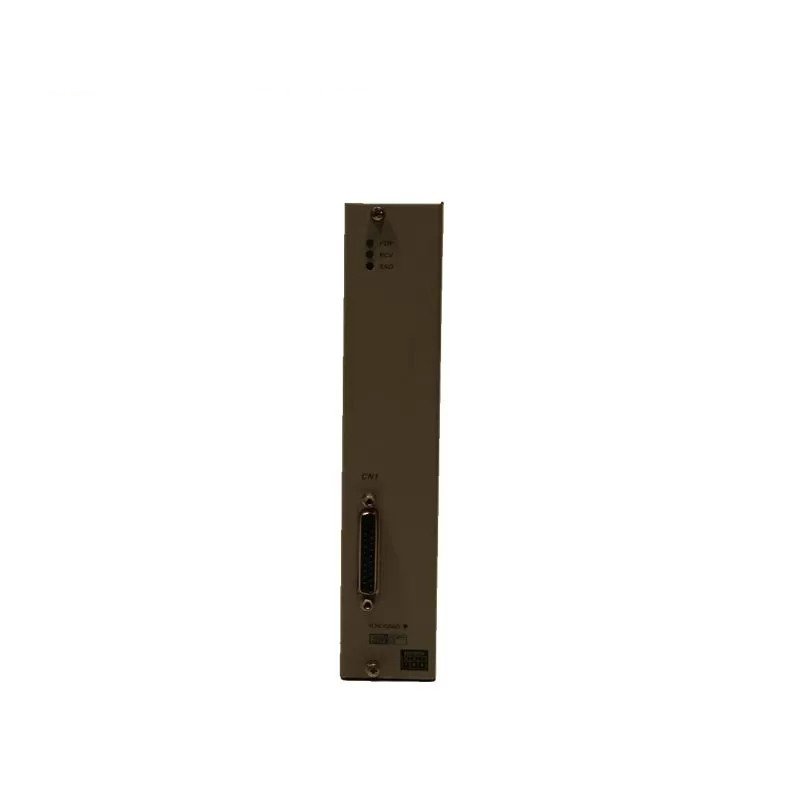
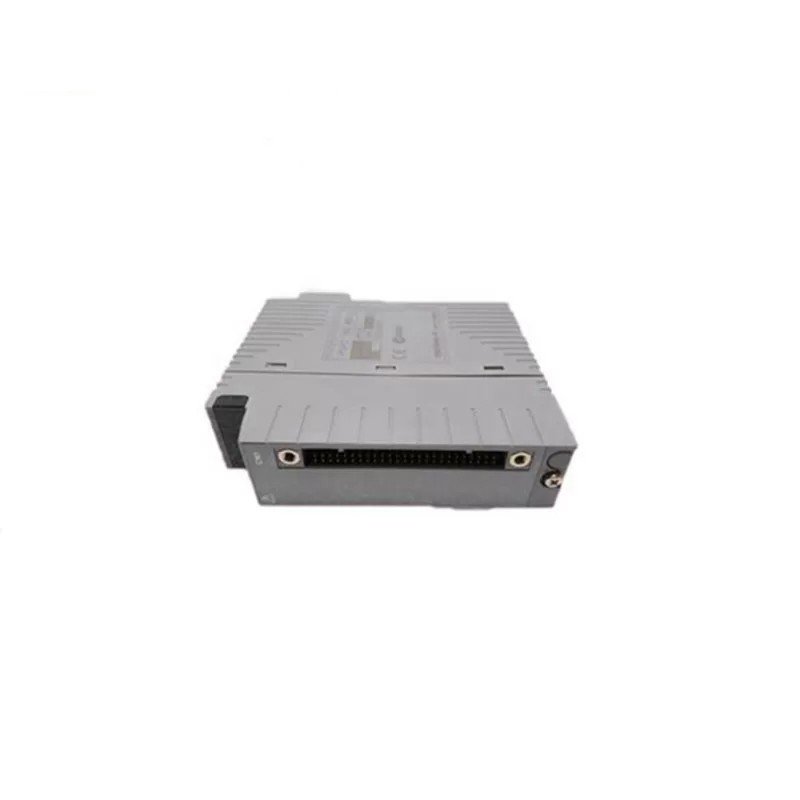
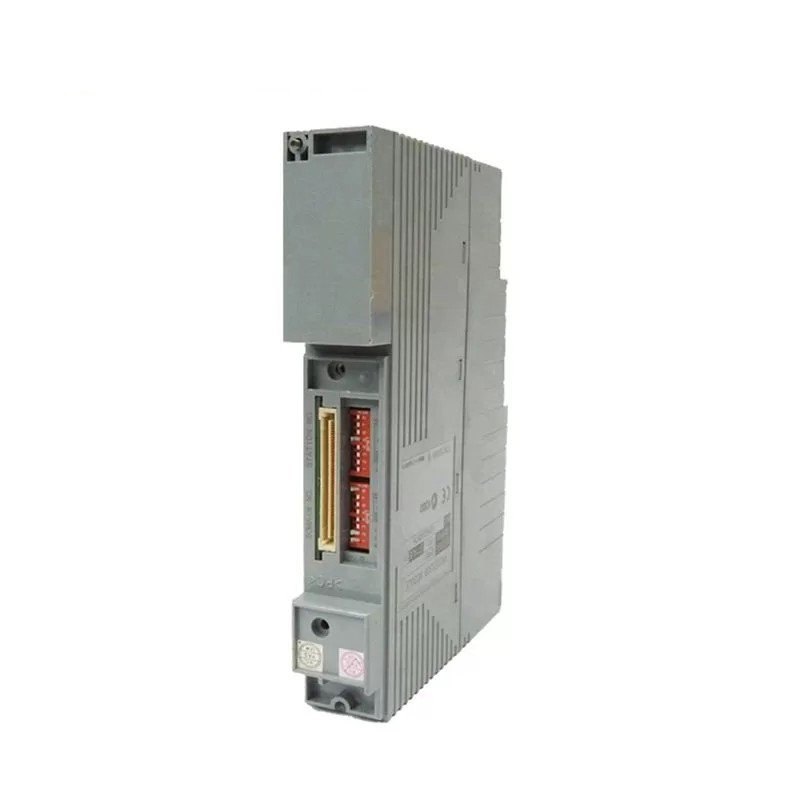
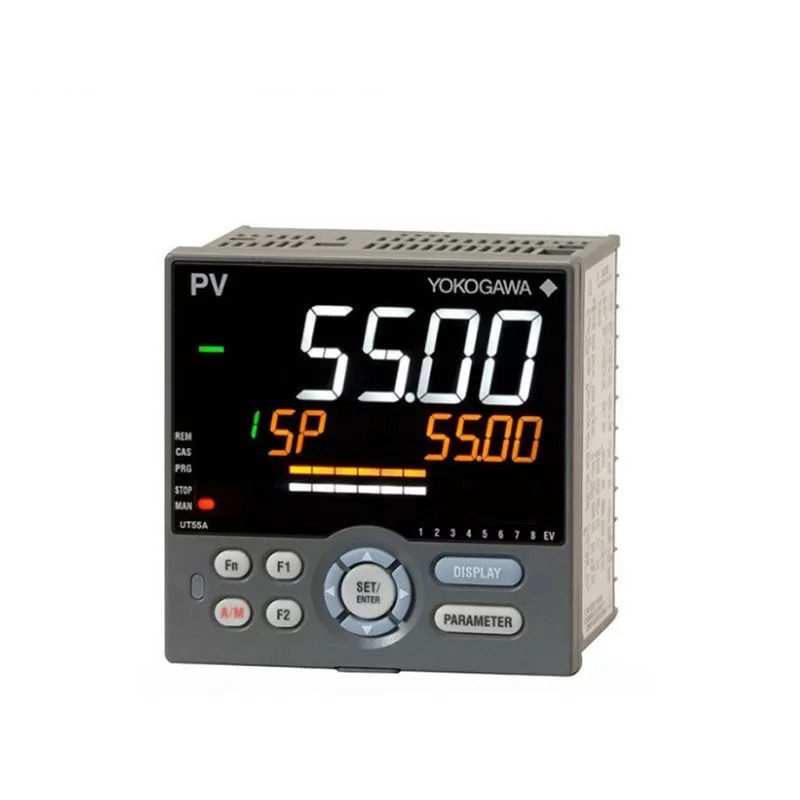
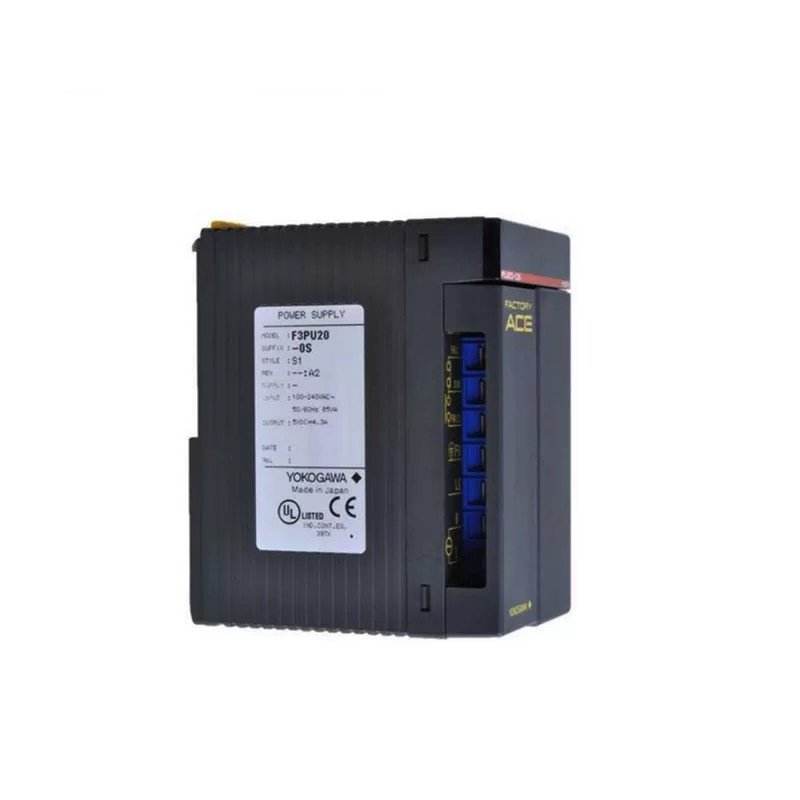
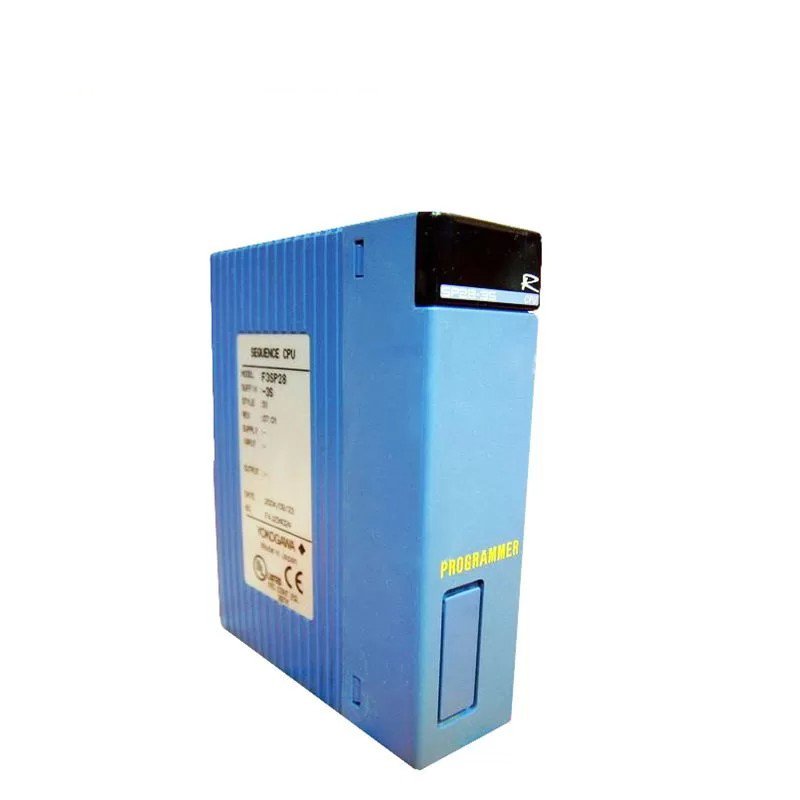
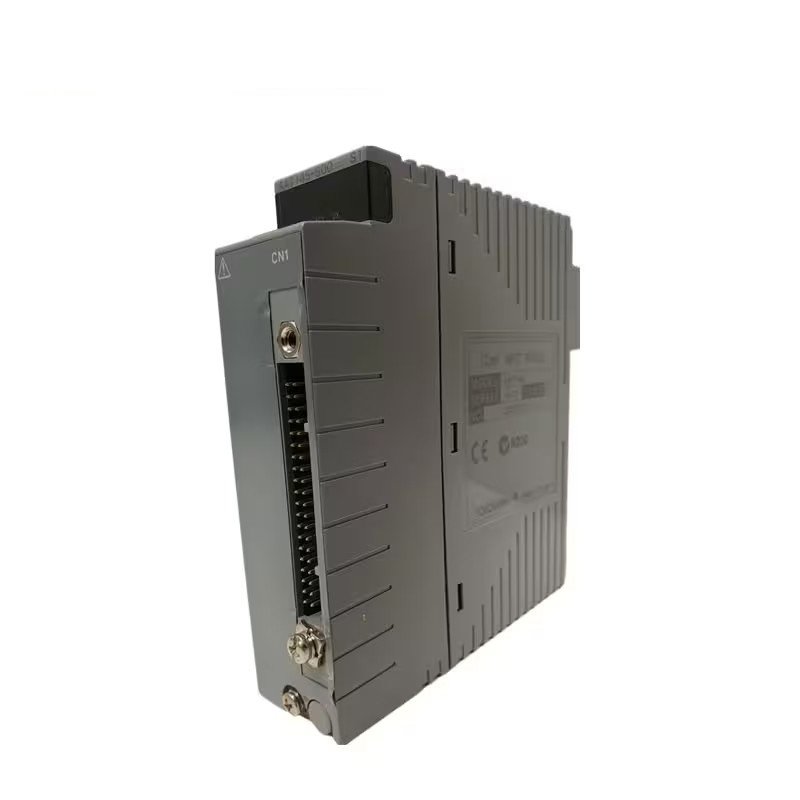
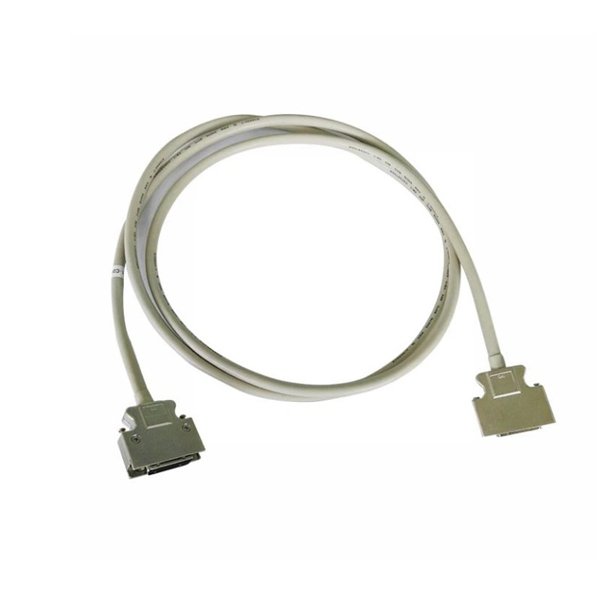
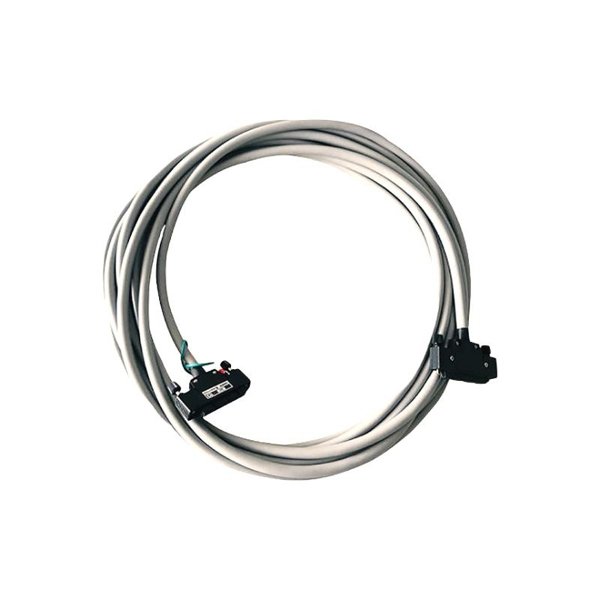
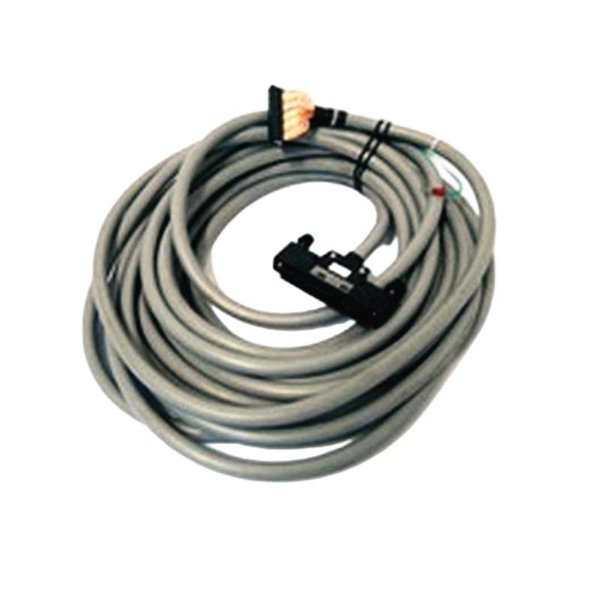
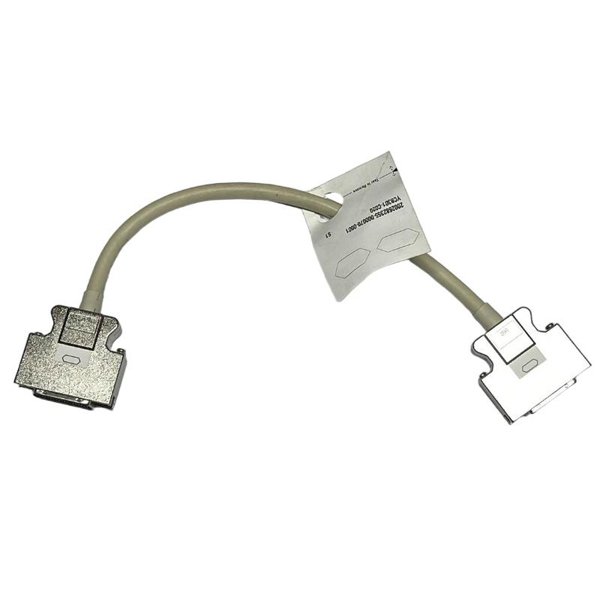




Yokogawa YCB301-C300 ESB Bus Cable
Manufacturer:Yokogawa
Product Number:YCB301-C300
Product Type:ESB Bus Cable
Origin:Japan
Cable length:3 m
Weight :3 kg
Views:36
Payment Methods:T/T, PayPal, Western Union
Condition:New & In Stock
Warranty:1 Year
Lead Time:1-3 Working Days
Certificate:COO
Courier partners:DHL, UPS, TNT, FedEx and EMS.
Business hours:7*24
Product Description
The Yokogawa YCB301-C300 ESB Bus Cable is a specialized industrial-grade communication cable designed to support high-speed data transfer within Yokogawa’s ESB Bus network system. This cable is an integral component of distributed control systems (DCS), providing stable connectivity between modules, controllers, and input/output devices.
Its engineering emphasizes low signal loss, electromagnetic interference (EMI) resistance, and robust insulation to ensure long-term reliability even in harsh industrial environments. The YCB301-C300 is optimized for Yokogawa’s CENTUM and ProSafe-RS series, making it essential for plants in industries such as power generation, oil & gas, petrochemicals, and water treatment.
Product Parameters
| Parameter | Description |
|---|---|
| Model Number | YCB301-C300 |
| Product Type | ESB Bus Cable (High-speed data communication) |
| Cable Length | 3 meters |
| Weight | 3 kg |
| Conductor Type | Twisted pair with shielding |
| Shielding | Aluminum foil with braided copper shield |
| Insulation Material | High-temperature resistant polyethylene |
| Jacket Material | Industrial-grade PVC |
| Operating Temperature | -20°C to +75°C |
| Storage Temperature | -40°C to +85°C |
| Maximum Voltage Rating | 300 V |
| Signal Transmission Speed | Up to 100 Mbps |
| Compatibility | Yokogawa ESB Bus network modules, controllers, and I/O units |
| Flame Retardant Standard | UL VW-1 / IEC 60332-3 compliant |
Product Applications
The YCB301-C300 ESB Bus Cable is widely used in process automation networks that require highly reliable data transfer. Typical application fields include:
Power Generation Plants: Ensures stable DCS communication between control units and field devices.
Oil & Gas Industry: Withstands harsh environments and maintains secure connectivity in offshore/onshore platforms.
Petrochemical Plants: Handles high data loads with reduced risk of communication loss.
Water Treatment Facilities: Provides durable and interference-free data transfer for critical monitoring equipment.
Pharmaceutical Industry: Maintains compliance with safety and data integrity standards.
Product Advantages
High Reliability: Engineered to provide consistent signal transmission with minimal data loss.
Strong EMI Resistance: Double-layer shielding protects against electromagnetic and radio frequency interference.
Industrial Durability: Built to withstand extreme temperatures, vibrations, and corrosive environments.
Plug-and-Play Compatibility: Fully optimized for Yokogawa ESB Bus systems without additional configuration.
Enhanced Safety: Flame-retardant materials ensure compliance with industrial fire protection standards.
Low Maintenance Requirement: Long lifecycle and minimal degradation during continuous operations.
FAQ
Q1: What communication protocol does the YCB301-C300 support?
A1: It is designed specifically for Yokogawa ESB Bus communication protocol, optimized for high-speed, deterministic data transfer.
Q2: How does the shielding of this cable reduce interference?
A2: The cable uses aluminum foil combined with a copper braided shield, which blocks external EMI/RFI and minimizes crosstalk.
Q3: Can this cable be used for both horizontal and vertical installations?
A3: Yes, it supports flexible routing and can be installed in trays, ducts, or conduits both vertically and horizontally.
Q4: Does the cable require grounding for optimal performance?
A4: Yes, grounding the shield is recommended to achieve maximum noise immunity in industrial environments.
Q5: What is the maximum data transfer speed supported by this cable?
A5: The cable supports data transfer speeds of up to 100 Mbps within ESB Bus applications.
Q6: How does the cable handle thermal expansion in fluctuating environments?
A6: The insulation and jacket materials are engineered for thermal stability, minimizing signal loss and structural degradation.
Q7: Can the YCB301-C300 be connected with other Yokogawa cables of different lengths?
A7: Yes, it can be combined with other YCB301 series cables, but system design should respect ESB Bus length limitations.
Q8: Is the cable resistant to chemical exposure in industrial plants?
A8: The PVC outer jacket provides resistance to common industrial oils, acids, and solvents.
Q9: What type of connectors are compatible with this cable?
A9: It is compatible with standard Yokogawa ESB Bus connectors designed for YCB301 series cables.
Q10: How does the cable ensure data integrity in long-term operations?
A10: The combination of low capacitance insulation and robust shielding minimizes attenuation and error rates over extended use.




Yokogawa YCB301-C300 ESB Bus Cable
Manufacturer:Yokogawa
Product Number:YCB301-C300
Product Type:ESB Bus Cable
Origin:Japan
Cable length:3 m
Weight :3 kg
Views:36
Payment Methods:T/T, PayPal, Western Union
Condition:New & In Stock
Warranty:1 Year
Lead Time:1-3 Working Days
Certificate:COO
Courier partners:DHL, UPS, TNT, FedEx and EMS.
Business hours:7*24
Product Description
The Yokogawa YCB301-C300 ESB Bus Cable is a specialized industrial-grade communication cable designed to support high-speed data transfer within Yokogawa’s ESB Bus network system. This cable is an integral component of distributed control systems (DCS), providing stable connectivity between modules, controllers, and input/output devices.
Its engineering emphasizes low signal loss, electromagnetic interference (EMI) resistance, and robust insulation to ensure long-term reliability even in harsh industrial environments. The YCB301-C300 is optimized for Yokogawa’s CENTUM and ProSafe-RS series, making it essential for plants in industries such as power generation, oil & gas, petrochemicals, and water treatment.
Product Parameters
| Parameter | Description |
|---|---|
| Model Number | YCB301-C300 |
| Product Type | ESB Bus Cable (High-speed data communication) |
| Cable Length | 3 meters |
| Weight | 3 kg |
| Conductor Type | Twisted pair with shielding |
| Shielding | Aluminum foil with braided copper shield |
| Insulation Material | High-temperature resistant polyethylene |
| Jacket Material | Industrial-grade PVC |
| Operating Temperature | -20°C to +75°C |
| Storage Temperature | -40°C to +85°C |
| Maximum Voltage Rating | 300 V |
| Signal Transmission Speed | Up to 100 Mbps |
| Compatibility | Yokogawa ESB Bus network modules, controllers, and I/O units |
| Flame Retardant Standard | UL VW-1 / IEC 60332-3 compliant |
Product Applications
The YCB301-C300 ESB Bus Cable is widely used in process automation networks that require highly reliable data transfer. Typical application fields include:
Power Generation Plants: Ensures stable DCS communication between control units and field devices.
Oil & Gas Industry: Withstands harsh environments and maintains secure connectivity in offshore/onshore platforms.
Petrochemical Plants: Handles high data loads with reduced risk of communication loss.
Water Treatment Facilities: Provides durable and interference-free data transfer for critical monitoring equipment.
Pharmaceutical Industry: Maintains compliance with safety and data integrity standards.
Product Advantages
High Reliability: Engineered to provide consistent signal transmission with minimal data loss.
Strong EMI Resistance: Double-layer shielding protects against electromagnetic and radio frequency interference.
Industrial Durability: Built to withstand extreme temperatures, vibrations, and corrosive environments.
Plug-and-Play Compatibility: Fully optimized for Yokogawa ESB Bus systems without additional configuration.
Enhanced Safety: Flame-retardant materials ensure compliance with industrial fire protection standards.
Low Maintenance Requirement: Long lifecycle and minimal degradation during continuous operations.
FAQ
Q1: What communication protocol does the YCB301-C300 support?
A1: It is designed specifically for Yokogawa ESB Bus communication protocol, optimized for high-speed, deterministic data transfer.
Q2: How does the shielding of this cable reduce interference?
A2: The cable uses aluminum foil combined with a copper braided shield, which blocks external EMI/RFI and minimizes crosstalk.
Q3: Can this cable be used for both horizontal and vertical installations?
A3: Yes, it supports flexible routing and can be installed in trays, ducts, or conduits both vertically and horizontally.
Q4: Does the cable require grounding for optimal performance?
A4: Yes, grounding the shield is recommended to achieve maximum noise immunity in industrial environments.
Q5: What is the maximum data transfer speed supported by this cable?
A5: The cable supports data transfer speeds of up to 100 Mbps within ESB Bus applications.
Q6: How does the cable handle thermal expansion in fluctuating environments?
A6: The insulation and jacket materials are engineered for thermal stability, minimizing signal loss and structural degradation.
Q7: Can the YCB301-C300 be connected with other Yokogawa cables of different lengths?
A7: Yes, it can be combined with other YCB301 series cables, but system design should respect ESB Bus length limitations.
Q8: Is the cable resistant to chemical exposure in industrial plants?
A8: The PVC outer jacket provides resistance to common industrial oils, acids, and solvents.
Q9: What type of connectors are compatible with this cable?
A9: It is compatible with standard Yokogawa ESB Bus connectors designed for YCB301 series cables.
Q10: How does the cable ensure data integrity in long-term operations?
A10: The combination of low capacitance insulation and robust shielding minimizes attenuation and error rates over extended use.
Need a Custom Automation Solution?
Our team of experts can design and implement a tailored automation system to meet your specific requirements.

 Loading comments...
Loading comments...
